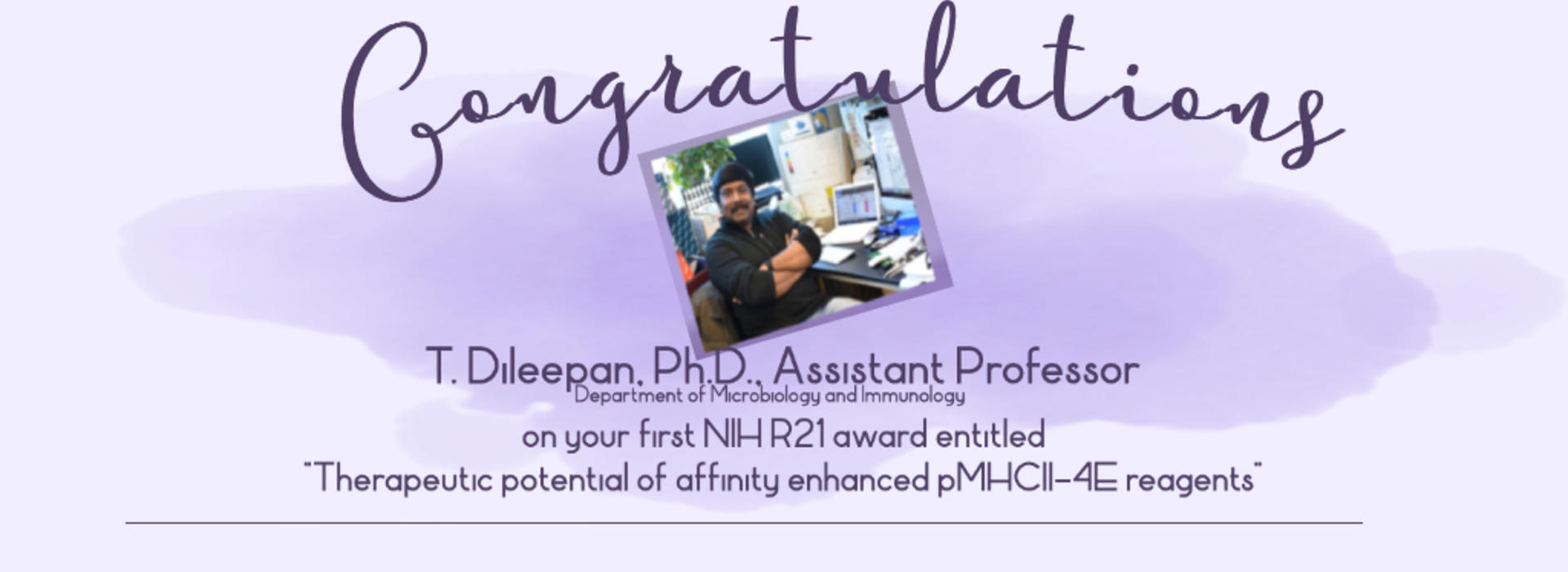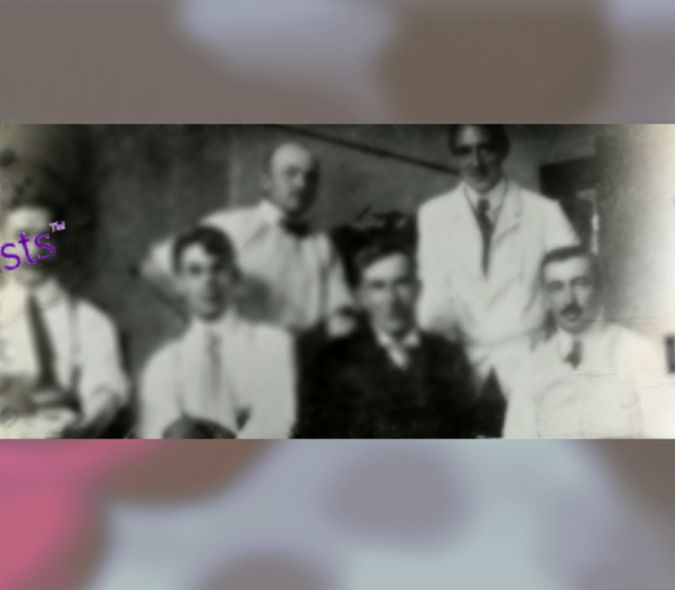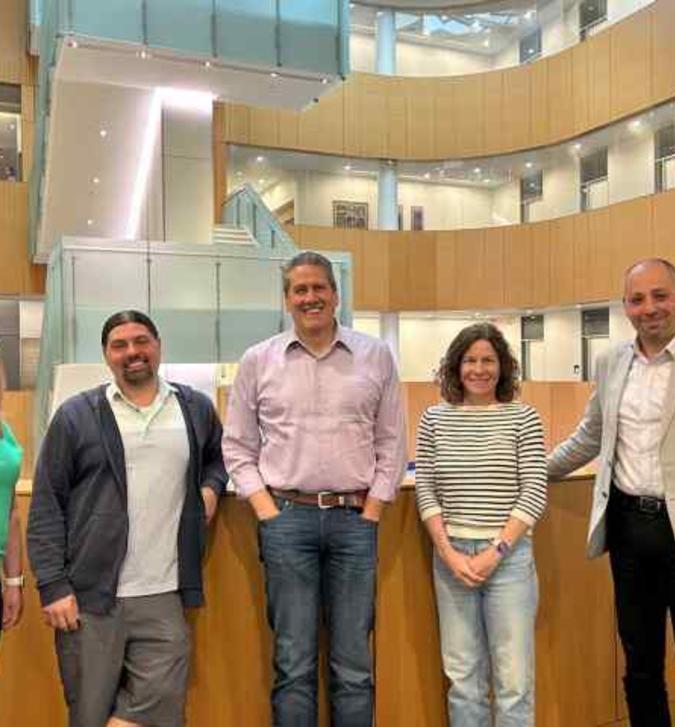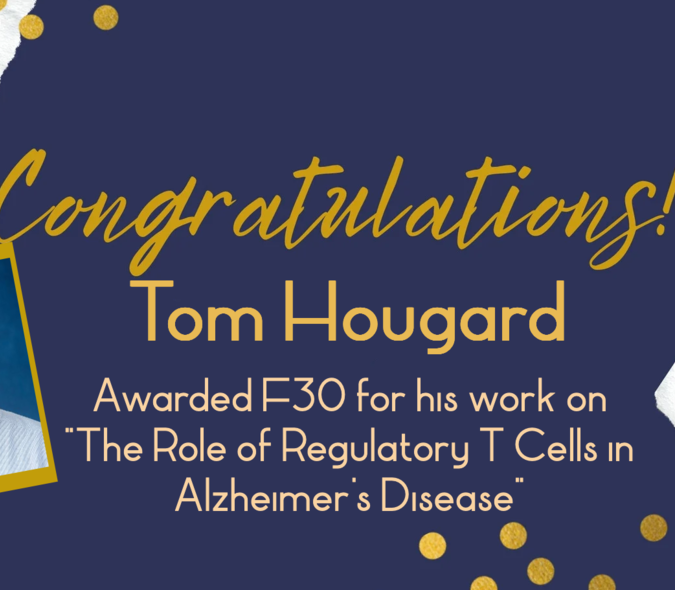
T. Dileepan, Ph.D., Assistant Professor of Microbiology and Immunology, receives his first NIH R21 Award!
Dr. T. Dileepan, Assistant Professor of Microbiology and Immunology, has
received his first NIH R21 Award, entitled " Therapeutic potential of affinity enhanced pMHCII-4E reagents".
Congratulations to Dr. T. Dileepan. He has received his first NIH R21 Award for work on the therapeutic potential of affinity-enhanced pMHCII-4E reagents. This project will employ a recent innovation that he made in peptide: MHCII (pMHCII) tetramer design. Fluorescently labeled pMHCII tetramers have been used to detect CD4 + T cells of known specificity, aiding the study of these populations. However, pMHCII tetramers do not detect CD4 + T cells with TCRs at the low end of the biologically relevant affinity spectrum. The affinity of CD4 for MHCII is below the limit of detection. Dr. Dileepan used directed evolution to strengthen the interaction between MHCII and CD4, thereby stabilizing TCR-pMHCII interactions while still retaining the cognate specificity. pMHCII tetramers engineered for enhanced CD4 binding (4E tetramers) outperformed conventional tetramers in detecting cognate T cells, including the ones with low-affinity TCRs. The overall goal of this project is to exploit this enhanced binding by high-affinity 4E reagents in immunotherapies. The premise underlying this project is that recruitment of all antigen-specific CD4 T cells including the ones with low-affinity TCRs will improve responses generated by vaccines, whereas deletion of these T cells could treat autoimmunity.
For recent publications about Dr. Dileepan's research go here



